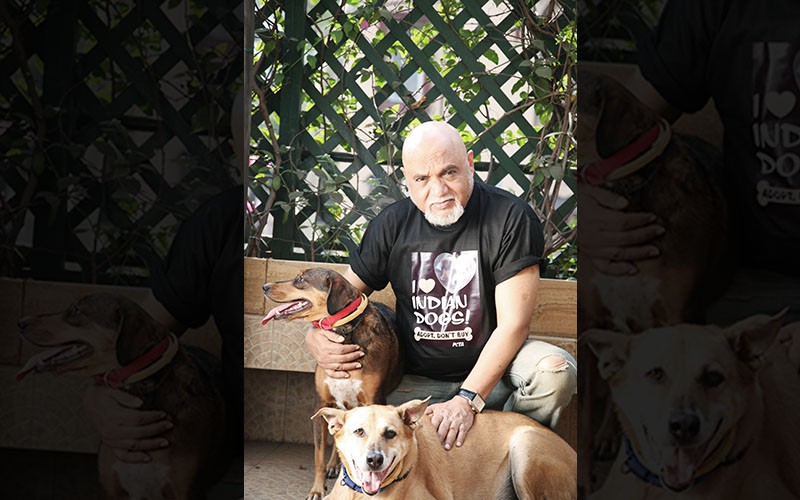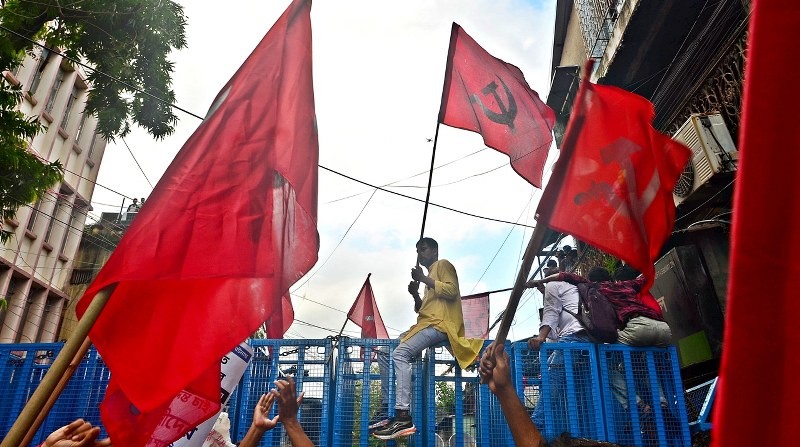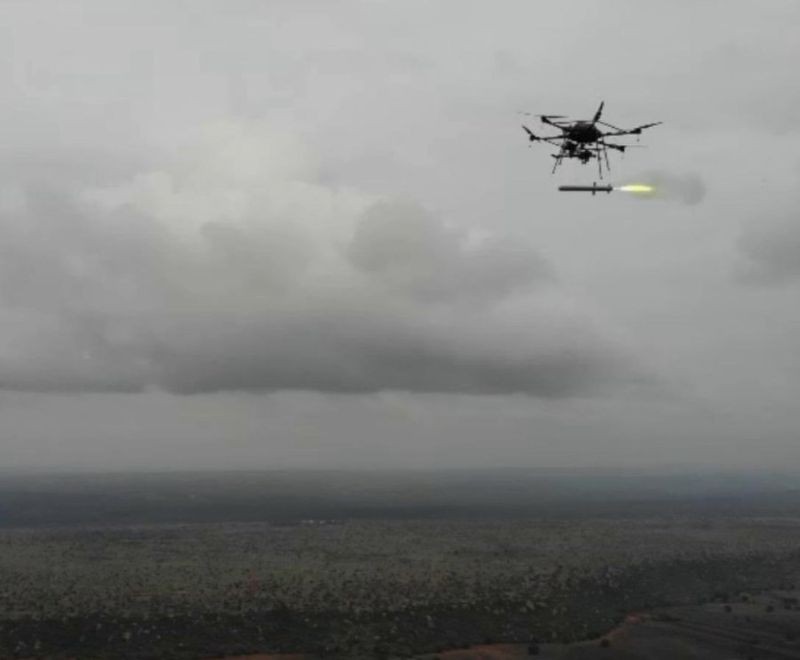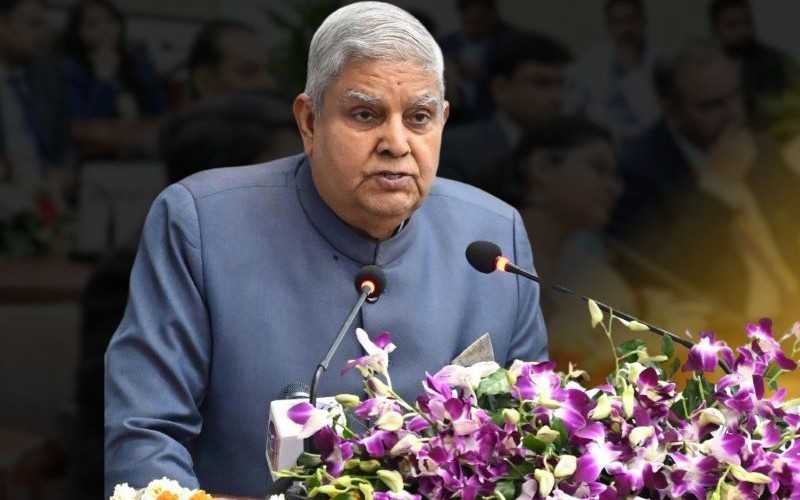PETA India pays tribute to prominent journalist-film producer Pritish Nandy who passed away at 73

PETA India has paid tribute to prominent journalist-film producer Pritish Nandy who passed away after suffering a cardiac arrest at his South Mumbai residence on Wednesday. He was 73.
A dedicated supporter of PETA India, Pritish Nandy was instrumental in promoting the adoption of community dogs. He appeared in a campaign urging the public to adopt dogs in need, emphasizing the importance of giving them loving homes.
"His contributions to animal rights and his support for ethical treatment of animals will be remembered by all who knew him. Pritish Nandy’s legacy will live on in new generations; he inspired to advocate for animals and work towards a more compassionate world," PETA India said in a statement.
Pritish Nandy was known for producing several critically successful films including Jhankaar Beats, Chameli, Hazaaron Khwaishein Aisi, Ek Khiladi Ek Haseena, Ankahee, Pyaar Ke Side Effects, Bow Barracks Forever, among many others.
Besides films, Nandy had a wide-span of a career in journalism and continued as a columnist for The Times of India, Dainik Bhaskar, Divya Bhaskar, and Sangbad Pratidin. He served as the publishing director of The Times of India between 1982 and 1991 and the managing editor of The Illustrated Weekly of India during its most successful decade. He was also editor and publisher of 'The Independent', a newspaper launched by the same group, and popular magazine ‘'Filmfare'.
On the political front, Pritish Nandy was elected to the Rajya Sabha representing Maharashtra, the upper house of the Indian parliament, in July 1998. He was elected on a Shiv Sena ticket.
He was a member of parliament for six years and was on a number of committees including the National Committee to Celebrate 50 Years of Independence, the Parliamentary Committee for Defence, the Parliamentary Committee for Communications, and the Parliamentary Committee for Foreign Affairs.
Nandy headed the Expert Committee for the upgradation of the International Film Festival of India set up by the Ministry of Information and Broadcasting and submitted its findings to the Ministry of Information & Broadcasting in 2011.





